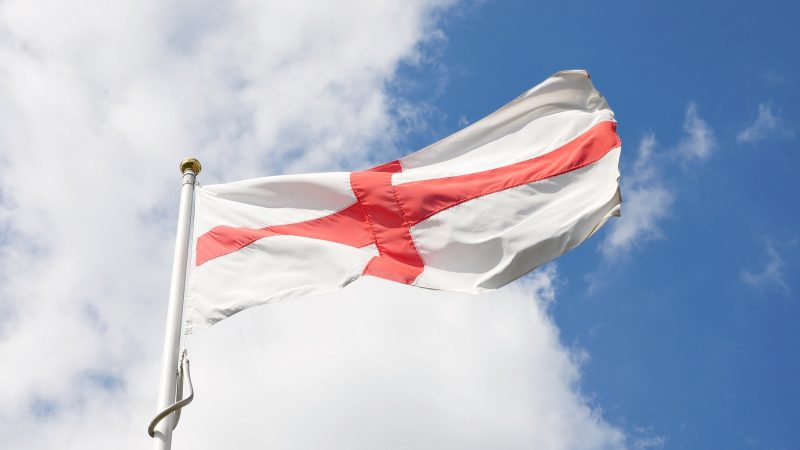
On another St George’s Day, England’s government is creeping onto the agenda. It is not English identity that is driving change, but the awareness that England is simply so badly governed. Inequality within and between regions is scandalous.
Our lives are defined by differences of age, income, wealth, race, education, and geography. Our public services are underfunded and unresponsive. Local councils’ efforts have been crippled by cuts that fell most harshly on those in greatest need. The fiasco of HS2 and numerous other projects reveals the dead and incompetent hand of UK Treasury micro-management in every corner of the nation.
Yes, the Tories and austerity must carry much of the blame, but powerful voices are increasingly seeing the very way England is governed as a source of its problems.
Twenty years after devolution England has no coherent system of national government. The nation is still run by the remnants of the UK union state, a series of uncoordinated departments some of which serve the whole UK, some Great Britain, some England and Wales and some England only.
England has no civil service structure to coordinate and deliver policy. No minister or ministerial committee leads for England. There is no system of clear accountability in Parliament to MPs representing England. England has no national budget – just a centralising UK Treasury that tries to run everything.
Gordon Brown’s report for Labour recognised that the confusion between the government of the UK and the governance of England ‘does a disservice both to the devolved nations and to England itself.
It called on Whitehall to pay more attention to its England only functions, and for the creation of a Cabinet Committee for England. It also suggested a greater role of MPs (and possibly members of an elected Lords) in scrutinising English policy.
The cross-party Public Administration and Constitutional Affairs Select Committee weighed in last year, arguing that ‘the UK Government wields too much power in England, with a Whitehall culture “unwilling to let go of powers”, and an instinct to “control the purse strings”. This , it said, causes people in England to lose out on the benefits of having policies adapted to local areas and needs.
As a recent report by Cambridge University’s Bennett Institute and the influential Institute for Government pointed out, England is the most centralised nation in Europe: ‘England is chronically over-centralised, governed by an incoherent tangle of institutions, and suffers from a “democratic deficit” as a result – all of which jeopardises plans for English devolution’. And the further you are from London, the more disillusioned voters become. The report called for a Secretary of State for England, and an Office and Cabinet Committee for England.
If previous debates about English government have centred on those who emphasise their English identity, the emerging debates stem from something that should concern everyone: the direct link between the organisation of the English state and the fact that ‘nothing works any more’.
Devolution is needed but the most radical devolution deals to date have not returned to local government more than a small fraction of the powers it held forty years ago. English devolution will only really be unlocked when the centre of England’s government itself is reformed.
Labour is now preparing for government, and this includes telling the civil service how it wants the machinery of government to be structured.
All the genuine aspiration around promises to let people ‘take back control’ will come to nothing unless England is given a coherent national centre of government for civil servants and ministers to work with.
The English Labour Network is celebrating St George’s Day with an event called ‘Building a Progressive England‘ at 5.30pm on Monday April 24 in Parliament and online.




More from LabourList
Nudification apps facilitate digital sexual assault – and they should be banned
Diane Abbott suspended from Labour after defending racism comments
Labour campaign groups join forces to call for reinstatement of MPs